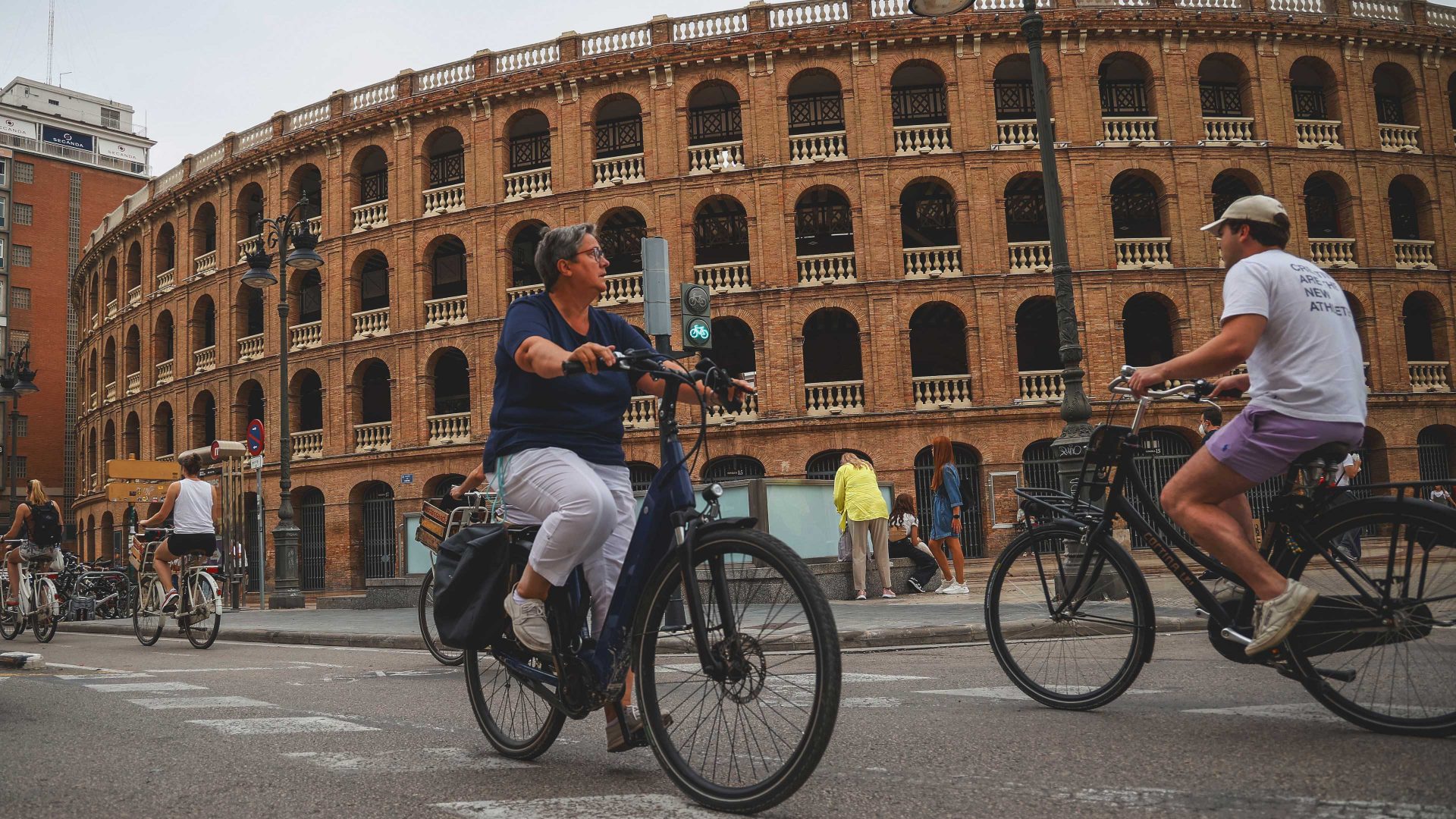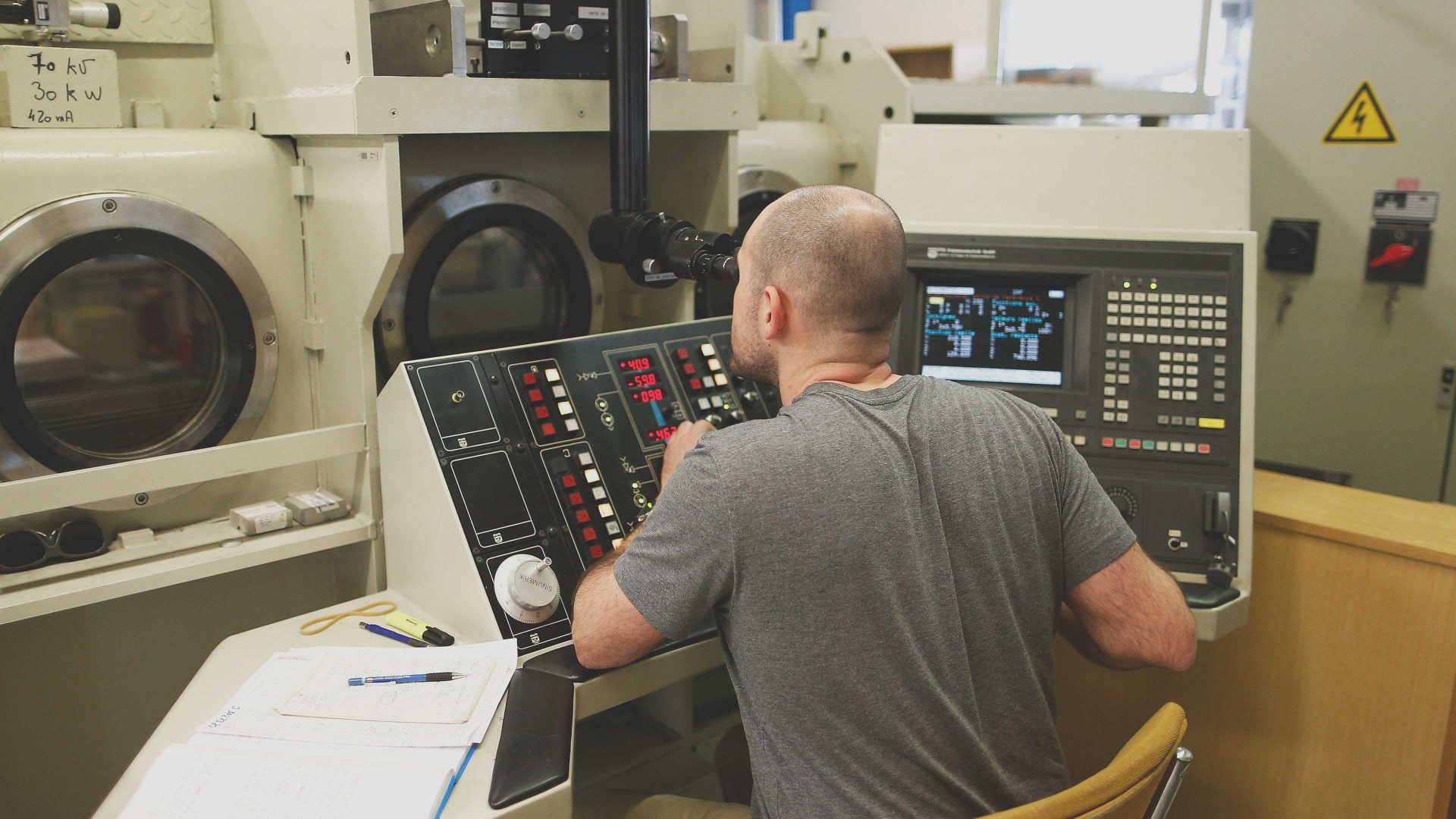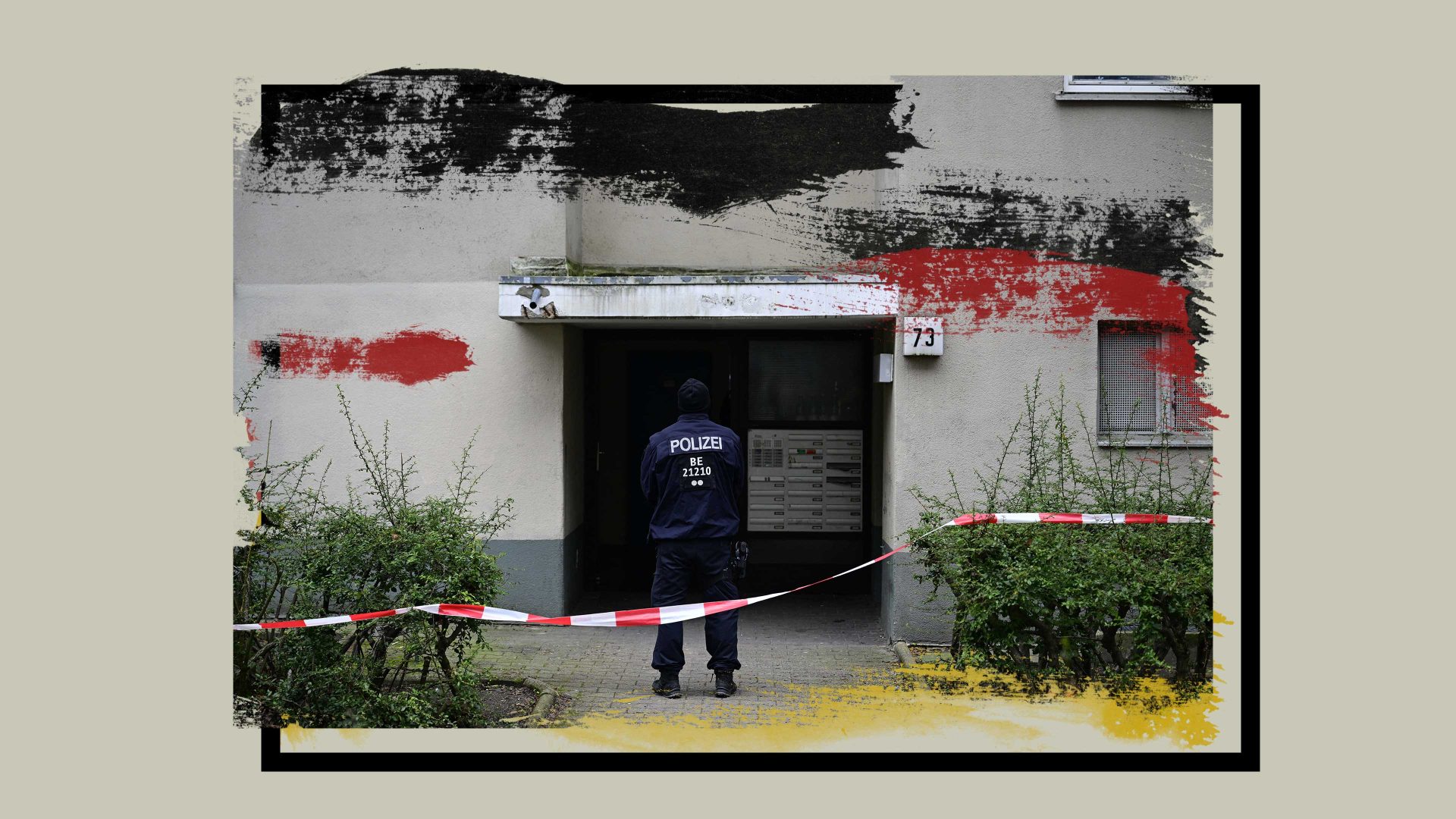This year, Valencia is Europe’s Green Capital. If you’ve been here, that might not come as a surprise. It is a flat, sprawling city criss-crossed by almost 200km of bike lanes. It boasts 594 hectares of urban green space, large swathes of pedestrianised city centre, and a new fleet of electric buses.
The Jardín del Turia, a lush, winding park submerged in the old river bed, has a never-ending stream of joggers and cyclists blurring by. Put simply, Valencia feels like a city designed with pedestrians in mind.
But since the Spanish right won local elections here in May, that feels as if it’s beginning to change. Slowly but surely, the new council (centre-right Partido Popular backed up by far-right Vox) began quietly unpicking the city’s pedestrianised urban planning.
Though PP mayor María José Catalá claims her council wants “to make Valencia a more sustainable city that takes even greater care of its environment,” in recent weeks, bike lanes around town have been cut or narrowed.
An extra lane of traffic has been introduced on Calle Colón, the city’s main shopping street, and the coalition has so far refused to implement a low-emissions zone – local governments across Spain, of all political leanings, have also played for time on that one.
If you aren’t local, you might not notice these subtle changes. But by the Plaza de Ayuntamiento, the gurgling of idle bus engines stuck in traffic fills the air. Trying to cross on San Vicente, the roads feel busier than they used to. Bus routes have been reintroduced in places where they were previously limited, and 500 extra services now pass through the heart of Valencia each day. Many of these changes reverse policies of the former left wing council.
Environmentalists are highly critical of the pro-car agenda, and even the city’s own transport company has warned of the “danger of serious accidents” that could be caused by congestion. But what’s the reasoning behind these changes?
The mayor, Catalá, claims that restructuring bike lanes is a way “to make space for vehicles” so that “cyclists coexist safely without causing gridlock”. The broader changes, she says, are about “correcting serious mistakes” made by Compromís, the former left wing governing party, as well as improving connectivity for underserviced parts of the city and reinvigorating businesses.
The latter, at least, resonates with one lottery ticket seller standing out on Calle Colón as the cars whizz by. Another traffic lane, she feels, makes things “much better… loads of shops have closed because of the lack of access. Not everyone comes on the bus.”
But as one taxi driver inches his cab forward in a queue by the train station, he leans out of his window and shakes his head, saying: “there’s more traffic every time”. Whatever you think of the changes, the direction of travel under the Valencian right seems clear – more cars, more congestion.
Like everything in Spanish politics at the moment, particularly in the aftermath of prime minister Pedro Sánchez’s controversial deal with Catalan separatists, these apparently minor policy shifts have taken on a much greater political significance – bus routes and bike lanes are now the subject of intense social media squabbling.
Sitting in a cafe off the Plaza de Ayuntamiento and scrolling through the social media accounts of Valencia’s political players, it feels as if efforts to undo the green agenda are, in part at least, because the right knows how much it infuriates the environmentalists.
And so Vox’s spokesman has trolled the former Compromís mayor with “gotcha” photos of him allegedly cycling through pedestrian zones. The message on Twitter/X was pure culture-war stirring: “They tell the rest of us what we have to do and how to behave and then do as they please.” Ribó, the former mayor, has taken to posting videos with rolling traffic counters, claiming that the number of cars has quadrupled.
Petty politics aside, Spain’s third city is becoming less green. One has to wonder whether the European Commission would have chosen Valencia as its “Green Capital” if it had known that the council would reverse the changes that had made it so green in the first place.
Conor Patrick Faulkner is a writer living in Valencia



